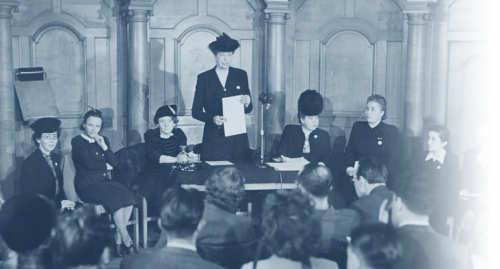This toolkit for judicial officials in Africa on international and regional standards on freedom of expression "encompasses a broad variety of issues, which should be considered by judi-cial actors in the course of their work to protect human rights. It covers legal standards of freedom of expression according to international and regional instruments and core texts and surveys pertinent jurisprudence on freedom of expression from regional and sub-regional courts or quasi-judicial bodies that deal with human rights issues.
The toolkit explicates conditions under which speech can be legitimately restricted, while also giving prominence to the safety of journalists and the issue of impunity, the latter representing one of the main obstacles to guaranteeing freedom of expression and freedom of information. Finally, the toolkit also addresses recent challenges to freedom of expression on the internet, including on social media, which have become vital means for sharing information and expressing views. The question of gender representation in media content and careers, and gender-specific threats for women journalists, are also addressed.The protection of freedom of expression requires the active efforts of a great variety of actors. While this toolkit has been conceived primarily for judges, prosecutors, trainers of judges, lawyers and other legal experts, it is my hope that civil society actors, members of security forces and media professionals will also find its contents of great value to their work. Given the importance of freedom of expression as a foundational value of free societies, I believe the toolkit’s material and messages will be of relevance to all concerned stakeholders — that is to say, to all individuals everywhere."

